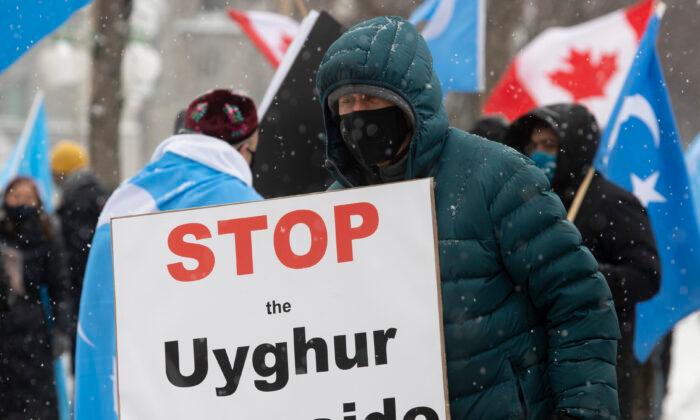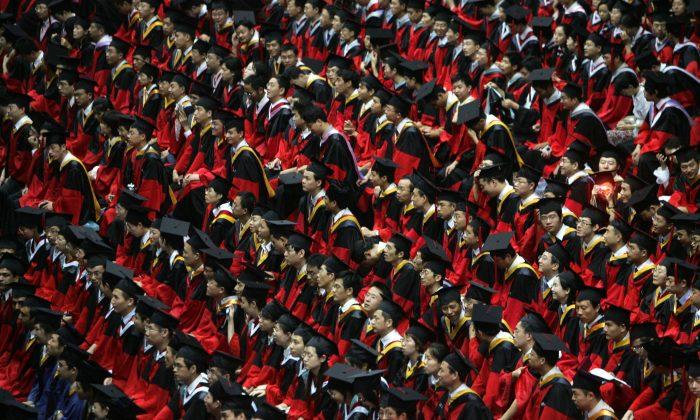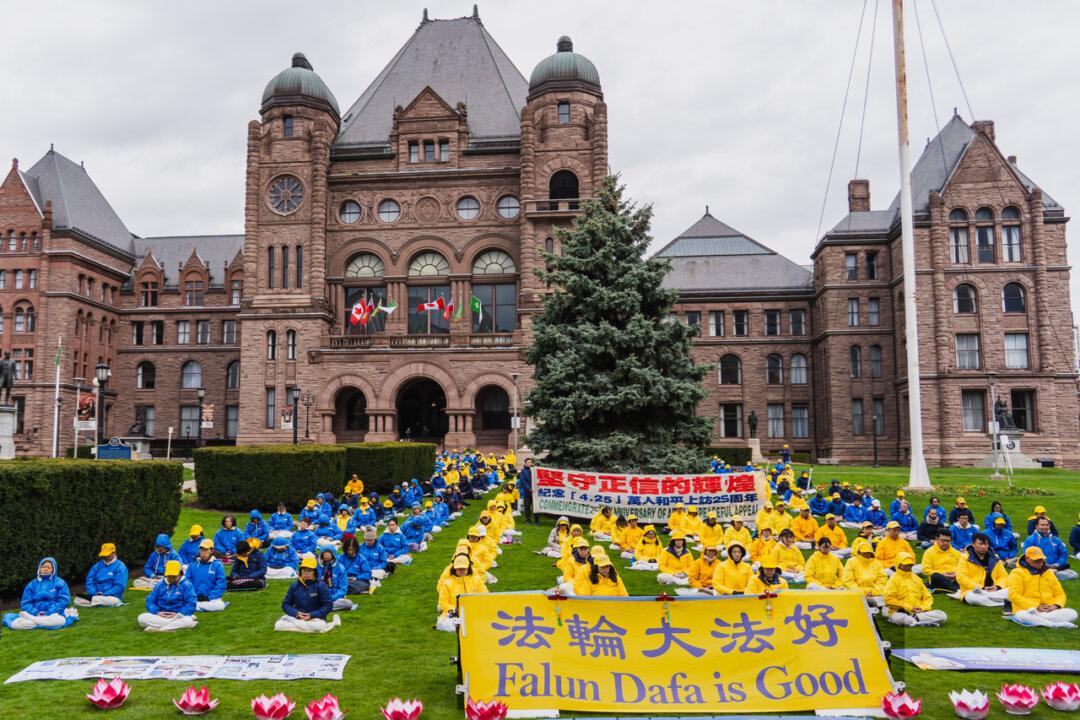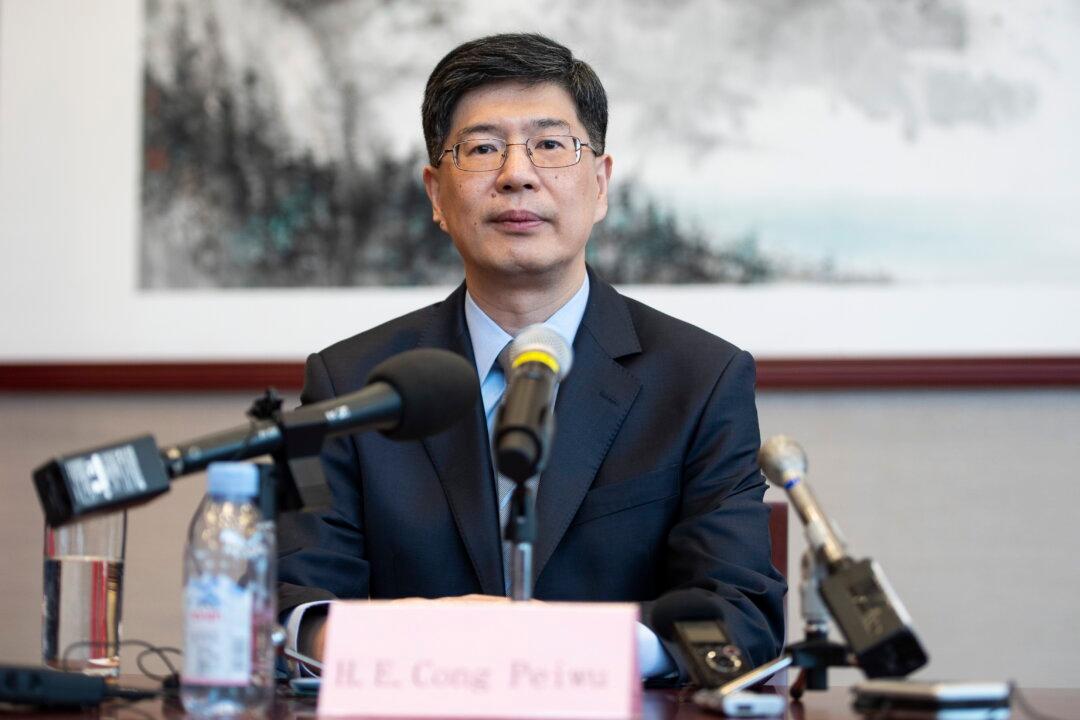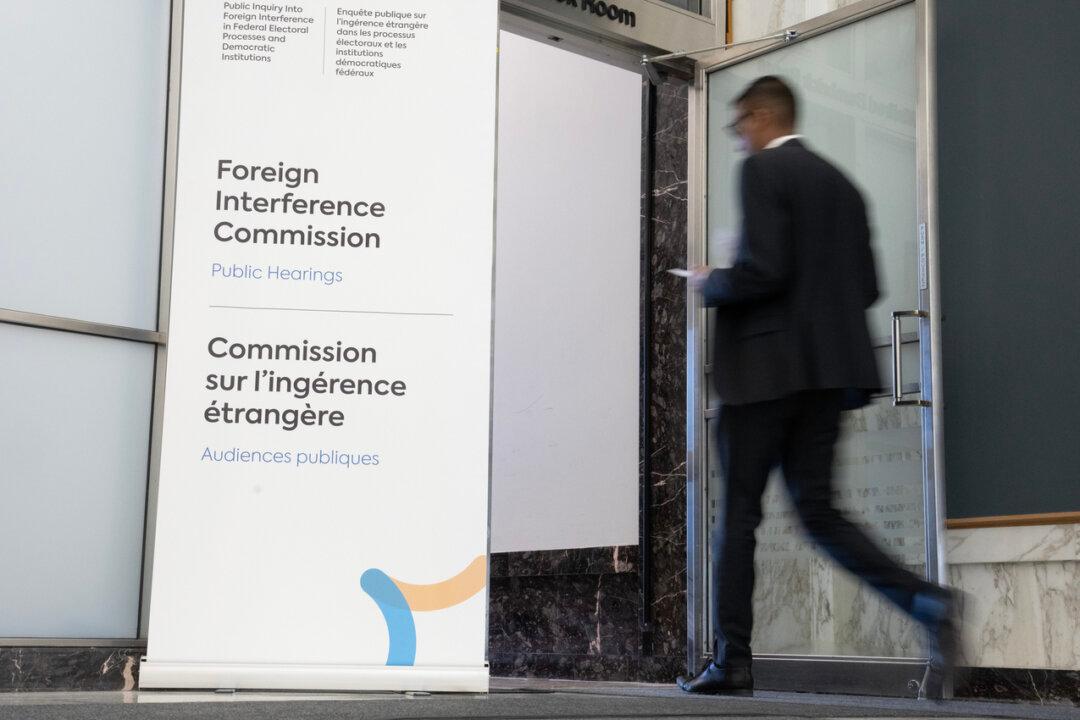For the first time since laws prohibiting the import of products believed to have been manufactured by slave labour were established in 2020, a shipment of goods from China has been seized by Canada.
The ban was put in place by the trilateral USMCA trade deal signed by Canada in 2018, although the prohibition did not go into force until July 2020.
Following inquiries from The Globe and Mail, the Canada Border Services Agency (CBSA) confirmed on Nov. 12 that it has made only one interception since mid-2020.
A CBSA spokesperson told the Globe that customs officials seized a shipment of clothing arriving in Quebec from China they believed was “manufactured or produced wholly or in part by forced labour.”
The agency did not disclose the date of the seizure, citing confidentiality rules that prevent them from identifying the importer.
On Jan. 12, Canada and the UK announced a set of measures that help prevent the risk of goods made with forced labour in Xinjiang Province in northwest China from entering Canadian and global supply chains.
The Chinese Communist Party is notorious for forcing minority groups into slave labour, including Uyghur Muslims and other Turkic peoples in Xinjiang, an area that mainly exports cotton and tomato products.
The regime also uses other repressive policies against Uyghurs, including mass incarceration, torture, and birth control measures that have nearly halved the Uyghur birth rate between 2017 and 2019, according to a report by the Australian Strategic Policy Institute.
In February, the House of Commons passed a motion calling for the Chinese regime’s abuse of Uyghurs and other Turkic Muslims to be designated as an act of genocide.
In view of the regime’s human rights abuses, many advocacy groups have called for a boycott of the 2022 Winter Olympic Games in Beijing this coming February.
Last week, while attending a general assembly of the World Uyghur Congress that represents the Uyghur diaspora, Bloc Québécois MP Alexis-Brunelle Duceppe proposed a resolution calling for postponement of the Olympics until Beijing allows an independent investigation into the mistreatment of the Uyghurs in Xinjiang.
The Canadian Olympic Committee opposes any boycott on the grounds that it will not force a change to China’s human rights record, but Conservative foreign affairs critic Michael Chong told the Globe that Ottawa should at least refuse to send a diplomatic representation to the Games.
“We should be at minimum indicating a diplomatic boycott of these games: no representatives on the part of the government of Canada,” Chong said.
